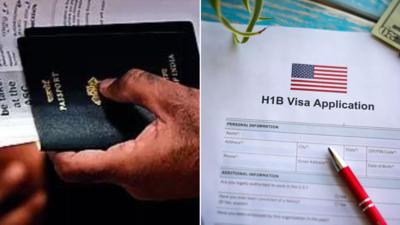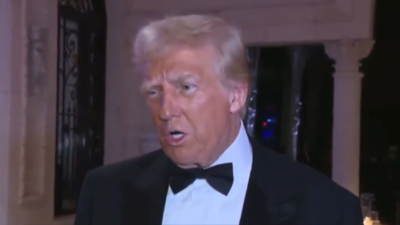Sharma Ji
Senior Operative
- 6,563
- 1,112
- Origin

- Axis Group

Its about lifestyle, freedom, many other things that money can not buyAmid immigration debate in MAGA camp, Zoho CEO Sridhar Vembu cracks the code on rising talent migration from India
2 min read
30 Dec 2024, 02:38 PM IST
Riya R Alex
Sridhar Vembu, CEO of Zoho, highlights that talent migration in India is a result of rising aspirations during economic growth. He compares this trend to historical patterns in Korea and China, stating that such migration signifies progress.

Zoho CEO Sridhar Vembu believes that the rising talent migration from India is not a symptom of hopelessness.
Zoho CEO Sridhar Vembu has expressed several reasons for talent migration out of India. In a post on LinkedIn, Vembu said that the rising number of people migrating from India is not a concern amid the MAGA debate regarding an issue between certain factions of President-elect Donald Trump’s supporters over immigration policies.
Vembu explained the migration patterns in Korea and China.
“First, historic patterns. Talent migration from Korea/Taiwan to the US peaked in the 1970s and 80s (Japanese migration to the US peaked much earlier), talent migration from China peaked about 10 years ago. That was the time of rapid development and transformation of those nations," Vembu wrote.
According to Vembu, talent migration is very high during a phase of rapid development in a country.
“When a country is extremely underdeveloped, talent migration is very low. When a country is very wealthy, talent migration is also very low. Talent migration peaks during the period of rapid development," he said.
A similar pattern can be observed in Silicon Valley as well.
“This is observable in Silicon Valley where migrants from India now well outpace those from China, Hong Kong and Taiwan," he added.
According to Vembu, people's growing aspirations result in rapid economic growth, which in turn results in restlessness. Such restlessness boosts migration. This pattern is currently being observed in India.
What is the reason?
“Why does this happen? Rapid economic development is preceded by and happens due to rising aspiration levels; and talent migration also happens due to rising aspiration levels. Our aspirations necessarily race ahead of reality and it is precisely during the period of rapid growth that we have the most restless people, and it is the restless spirits who tend to migrate. We can observe that restlessness in India, particularly in urban tech centres," Vembu posted.
However, he said, this migration slows down once an economy realises its full potential.
“Eventually when the full economic potential is realised, talent migration slows down or stops entirely. This pattern has been seen repeatedly," he added.
“As late as the 1980s, Japanese still refused to believe Japan had achieved parity with the West. Same with Korea in the late 1990s," Vembu wrote.
“I predict that even in 2035 with a per capita GDP upwards of $10K, Indians will likely lament how far behind we are. The last stage of catch up happens quickly over a decade (witness China is the last decade) but the foundations have to be laid over many previous decades and those previous decades feel like a slog. We are slogging through that now in India. To summarise, rising talent migration from India is not a symptom of hopelessness, it is the opposite," the Zoho CEO added.
our society is such, suffocated fuddu log pancho

 World Affairs
World Affairs



/wion/media/media_files/2024/12/31/ENqssFzBS7RApJND8a4S.jpg)
)




